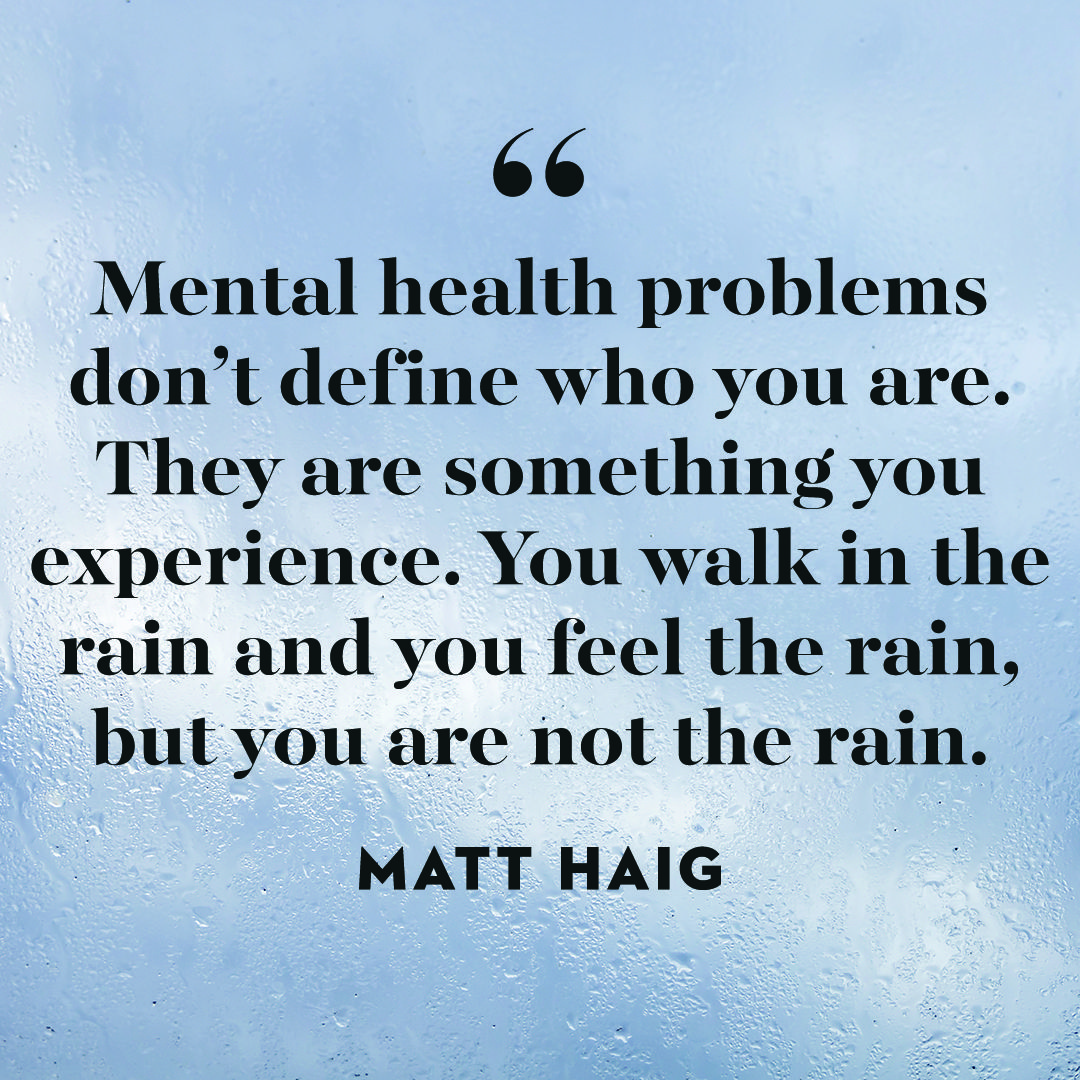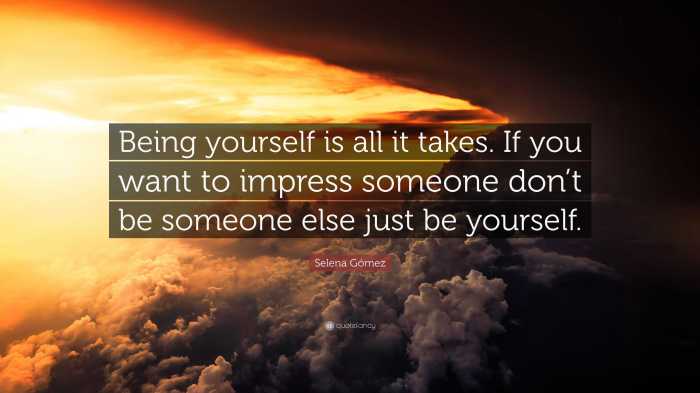The Pressure to Present a Perfect Self
Facebook has become a platform where individuals showcase their lives, experiences, and achievements. This curated presentation often leads to the pressure of presenting a perfect self, a facade that may not reflect reality. The constant comparison with others’ seemingly flawless lives can trigger feelings of inadequacy and insecurity.
The Illusion of Perfection
The pressure to present a perfect self on Facebook can lead individuals to create an idealized version of their lives. This can manifest in various ways, such as:
- Filtering and Editing: Individuals might carefully select photos that portray a specific image, removing any imperfections or evidence of everyday struggles. They might use filters to enhance their appearance or edit out unwanted details in their pictures.
- Selective Sharing: People might choose to share only positive experiences and achievements, while downplaying or hiding any negative aspects of their lives. This curated feed creates an illusion of a perfect existence, which can be misleading for viewers.
- Creating a False Narrative: Some individuals might fabricate or exaggerate events to present a more impressive or desirable image. They might embellish their accomplishments or create a false sense of success to gain social validation.
The Impact of Social Comparison
Scrolling through Facebook, it’s easy to get caught up in the curated lives of others. Pictures of exotic vacations, perfectly posed selfies, and seemingly effortless success can paint a picture of a world where everyone is living their best life. But this curated reality can have a detrimental impact on our mental health, leading to feelings of inadequacy, envy, and even depression.
The Downside of Comparing
Social comparison is a natural human tendency. We often compare ourselves to others to gauge our own progress and worth. However, on Facebook, the comparison game becomes amplified. We’re bombarded with carefully constructed narratives, often highlighting only the positive aspects of people’s lives. This can lead to feelings of inadequacy, as we start to believe that everyone else is happier, more successful, and more fulfilled than we are.
The Impact on Mental Health
- Low Self-Esteem: Constantly comparing ourselves to others can chip away at our self-esteem. We may start to doubt our own abilities and accomplishments, feeling like we’re not good enough.
- Anxiety: The pressure to keep up with the seemingly perfect lives of others can lead to anxiety. We may feel like we need to constantly strive for more, leading to a sense of overwhelm and dissatisfaction.
- Depression: When we constantly compare ourselves to others and fall short, it can lead to feelings of sadness, hopelessness, and worthlessness, which are all symptoms of depression.
Examples of Social Comparison on Facebook
- Seeing a friend’s vacation photos: You might be envious of their travel adventures, especially if you’re feeling stuck in your routine.
- Watching a colleague’s promotion announcement: You might feel inadequate if you’re struggling to advance in your career.
- Reading about someone’s successful business venture: You might feel discouraged if you’re struggling with your own entrepreneurial goals.
The Cycle of Social Media Addiction and Mental Health: Not Being Yourself Facebook Mental Health
Facebook, like many other social media platforms, can become addictive. This addiction can have a detrimental impact on mental health, leading to a disconnect from real-life experiences and contributing to feelings of isolation, loneliness, and depression.
The Impact of Social Media Addiction on Mental Health
The constant need to check notifications and engage with content on social media can create a cycle of addiction that negatively affects mental well-being.
- Dopamine Release and Reinforcement: Every notification, like, comment, or share triggers a release of dopamine, a neurotransmitter associated with pleasure and reward. This creates a positive feedback loop, encouraging users to spend more time on the platform to experience more of this reward. This constant stimulation can lead to a desensitization to real-life experiences, making them less enjoyable and satisfying.
- FOMO and Social Comparison: The curated, often idealized versions of life presented on social media can fuel feelings of inadequacy and insecurity. This fear of missing out (FOMO) can lead to a constant need to be connected and updated, further intensifying the addiction cycle.
- Isolation and Loneliness: Spending excessive time on social media can lead to a decline in real-life interactions, contributing to feelings of isolation and loneliness. While social media can connect people, it can also create a false sense of connection, leading to a disconnect from genuine human interaction.
The Impact of Negative Feedback and Online Bullying
The seemingly harmless act of scrolling through Facebook can quickly turn into a minefield of negativity. Hurtful comments, trolling, and cyberbullying can leave lasting scars on mental health, impacting self-esteem, confidence, and overall well-being.
The Effects of Negative Feedback and Online Bullying, Not being yourself facebook mental health
Negative feedback and online bullying can have a profound impact on mental health, leading to a range of negative consequences.
- Reduced Self-Esteem and Confidence: Constant exposure to negative comments can chip away at a person’s self-worth, making them feel inadequate and insecure. This can manifest as self-doubt, anxiety, and a reluctance to share their thoughts and feelings online.
- Increased Anxiety and Depression: The fear of being targeted by bullies or receiving negative feedback can trigger anxiety and panic attacks. This constant stress can also lead to depression, characterized by feelings of sadness, hopelessness, and loss of interest in activities that were once enjoyable.
- Social Isolation: Victims of online bullying may withdraw from social media and avoid online interactions, fearing further harassment. This can lead to social isolation and a feeling of disconnection from others.
- Suicidal Thoughts: In severe cases, online bullying can lead to suicidal thoughts and even attempts. The constant barrage of negativity and the feeling of being ostracized can create a sense of despair and hopelessness.
Not being yourself facebook mental health – It’s important to remember that the lives we see on social media are often carefully curated and don’t reflect the full picture. While Facebook can be a great tool for staying connected with friends and family, it’s crucial to use it in a way that supports our mental health. By setting boundaries, managing our expectations, and prioritizing real-life experiences, we can navigate the world of social media without sacrificing our well-being.
It’s easy to get caught up in presenting a perfect version of yourself on Facebook, but that curated image can be a heavy burden. Sometimes, the pressure to maintain that facade can be as overwhelming as trying to climb the ranked ladder in League of Legends, which is probably why the devs behind those cheat programs are now facing a lawsuit from Riot Games, league of legends cheat devs sued.
Ultimately, though, being true to yourself is more rewarding than any digital trophy, even if it means stepping away from the curated world of social media sometimes.
 Standi Techno News
Standi Techno News

